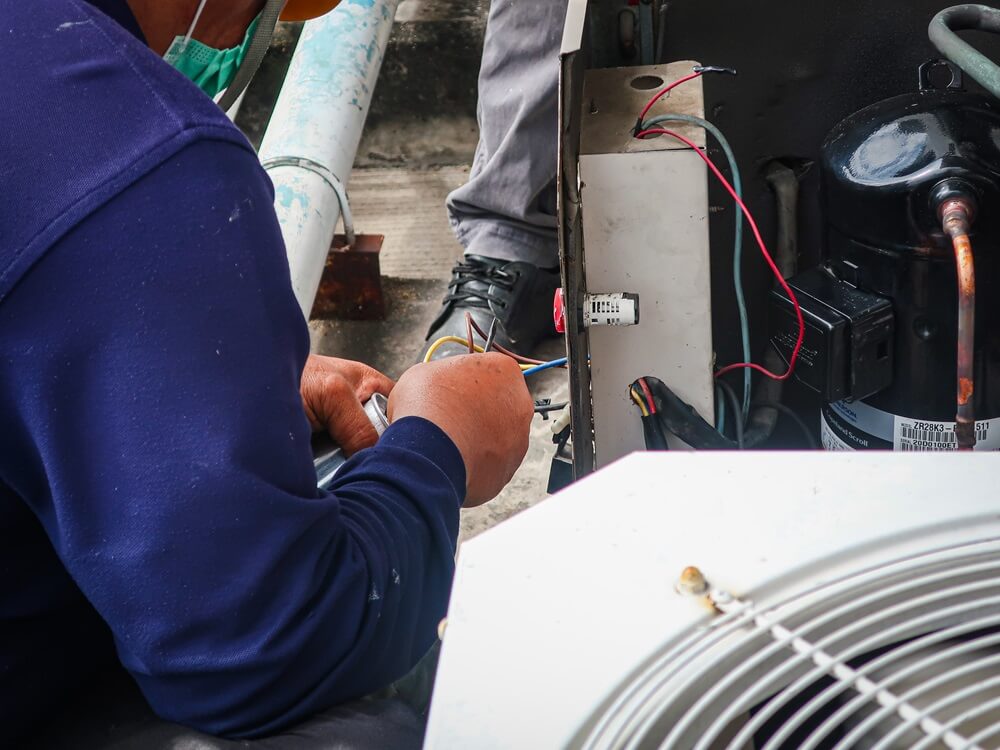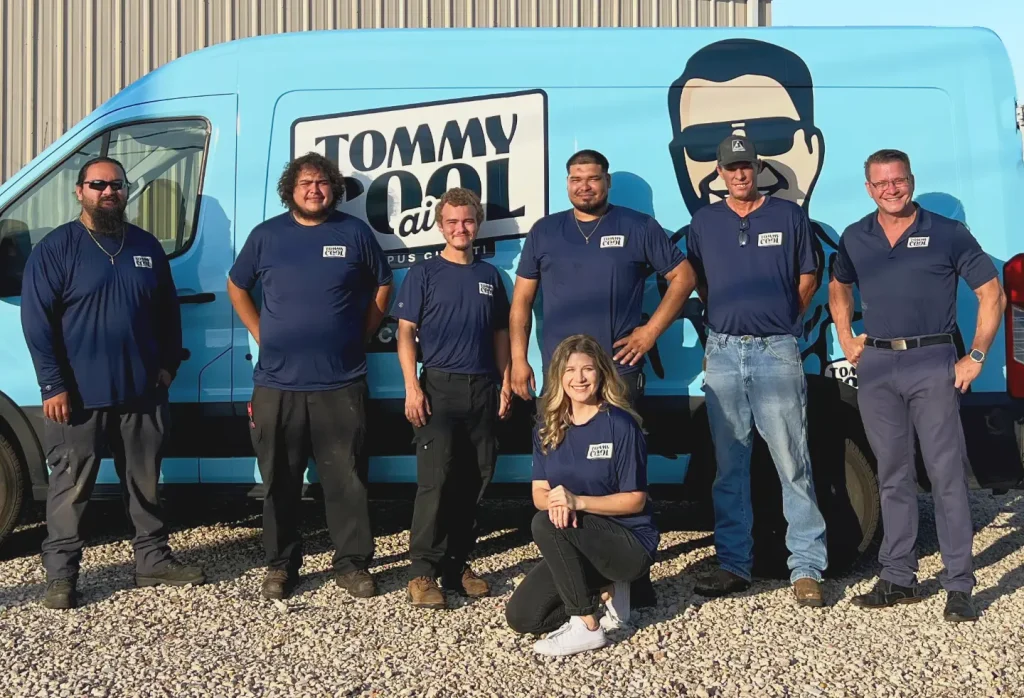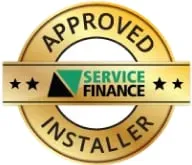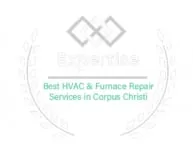Common Signs of a Bad AC Compressor
Recognizing the signs of a bad AC compressor early can prevent more significant problems. Here are some common indicators:
- No Cool Air: If your AC is running but not cooling your home, this could be a sign that the compressor is failing. The compressor is responsible for circulating refrigerant through the system; without it, the air remains warm.
- High Electric Bills: A failing compressor often works harder to try and cool your home, leading to increased energy consumption and higher electric bills.
- Circuit Breaker Tripping: If the circuit breaker trips repeatedly when the AC runs, it could indicate an electrical problem with the compressor.
- Vibrations and Shaking: Unusual vibrations or shaking when the AC unit starts can indicate that the compressor is struggling.
- Reduced Airflow: A noticeable drop in airflow from the vents can also indicate that the compressor is not working correctly.
Why Does My AC Compressor Shut Off After 2-3 Minutes?
A common issue homeowners face is when the AC compressor shuts off after 2-3 minutes. Several factors can cause this problem:
Overheating: The compressor may be overheating and shutting down to protect itself from damage. This can happen due to dirty coils, low refrigerant levels, or insufficient ventilation around the unit.
Electrical Problems: Issues such as loose connections, a faulty capacitor, or a malfunctioning thermostat can cause the compressor to turn off prematurely.
Refrigerant Issues: Low refrigerant levels can cause the compressor to short cycle, turning on and off frequently to maintain the set temperature.
Blocked Condenser Coils: Dirt and debris can accumulate on the condenser coils, causing the compressor to overheat and shut off.
If you notice your AC compressor making noise or shutting off unexpectedly, it is essential to address the underlying issues promptly to avoid further damage.
Troubleshooting AC Compressor Noises
Different noises can indicate various problems with your AC compressor. Here are some familiar sounds and their potential causes:
Hissing or Bubbling: This noise often indicates a refrigerant leak, which can cause the compressor to fail if not addressed.
Clanking or Banging: Loud clanking or banging sounds indicate loose or broken parts inside the compressor.
Screaming or High-Pitched Whistling: A high-pitched noise usually signals high internal pressure within the compressor, which can be dangerous and requires immediate attention.
Clicking or Ticking: Repeated clicking or ticking sounds can indicate electrical problems, such as a failing capacitor or relay switch.
If your AC compressor is making noise, it’s crucial to identify and fix the issue to prevent a complete system breakdown.
Preventative Maintenance for Your AC Compressor
Regular maintenance is key to preventing compressor problems. Here are some tips to keep your AC compressor in good condition:
Clean or Replace Filters: Dirty filters can restrict airflow, causing the compressor to work harder. Clean or replace filters every 1-3 months.
Inspect and Clean Coils: Ensure the condenser coils are clean and debris-free to prevent overheating.
Check Refrigerant Levels: Low refrigerant levels can cause the compressor to short cycle. Have a professional check and top off the refrigerant as needed.
Schedule Regular Inspections: Annual inspections by a professional can catch potential issues early and extend the life of your compressor.
When to Call a Professional
While homeowners can do some maintenance tasks, specific issues require professional attention. Call a technician if you experience any of the following:
- Frequent Tripping of the Circuit Breaker: This indicates a significant electrical issue that needs professional diagnosis.
- Persistent Noises: A professional should check unusual or persistent noises to prevent further damage.
- Repeated Short Cycling: If the compressor shuts off constantly after 2-3 minutes, a technician can identify and fix the underlying problem.
- No Cool Air Despite Troubleshooting: If you’ve checked the basics and your AC still isn’t cooling, it’s time to call in a professional.









